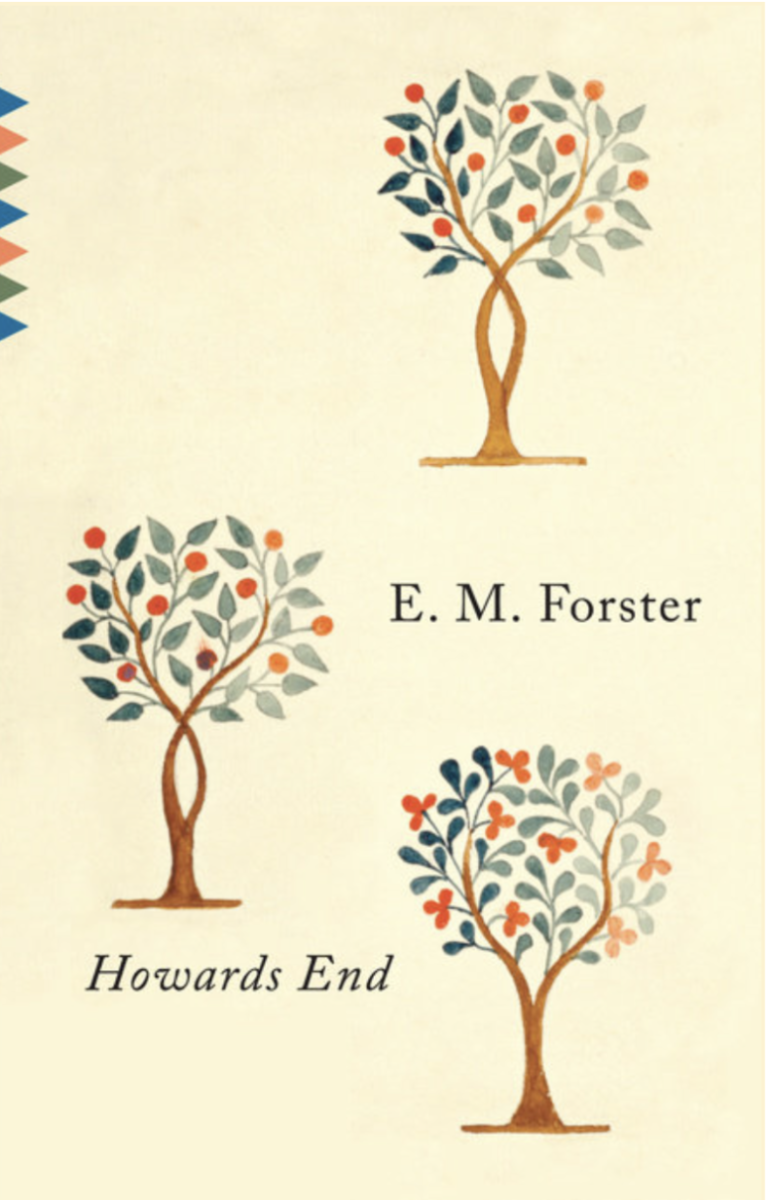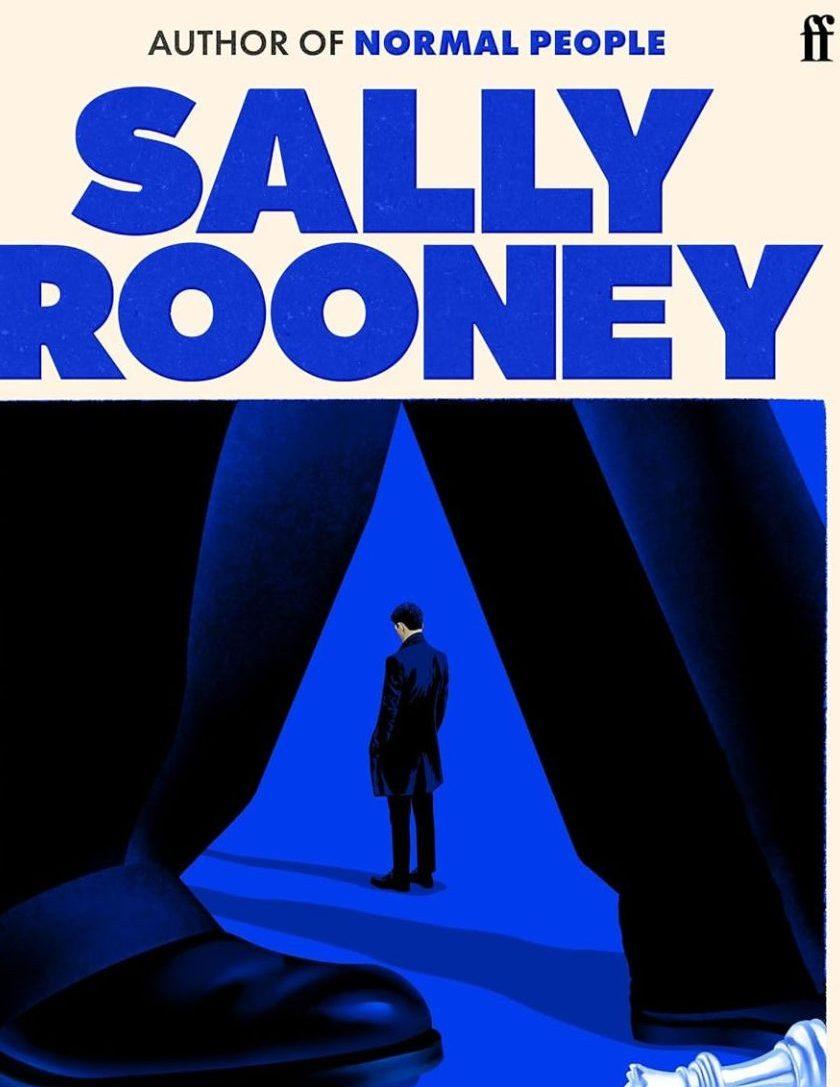The first time I met E.B. Bartels ’10, she was guest lecturing in my first-year writing class. I had just gotten the idea for “Dear Wendy” a cool two days prior, having sent my first shaky queries to literary agents for a now-shelved project. (Yes, I dug up my WRIT 144 syllabus to see exactly when her guest lecture was.)
And there E.B. was, 10 years out from Wellesley, with a whole book deal with HarperCollins, telling our class about how to be better writers. She literally could not have been cooler.
E.B. and I have talked a number of times since then, sharing stories of the publishing industry as she’s neared publication. A year and a half after that guest lecture (that I barely remember), I’ve finally gotten to read the book in question: “Good Grief: On Loving Pets, Here and Hereafter.” It’s far from my usual tastes — I rarely read nonfiction, and the only pet I’ve ever had was a fish. And yet, this is one of my favorite reads of the year.
Part memoir, part research and wholly filled with both heart and humor, “Good Grief” explores the experience of losing a pet and the human connection it brings. Across cultures and time, people have mourned their pets in a lot of different ways, and through interviews with experts and regular people, as well as in personal anecdotes, Bartels weaves together tales of dead pets and the humans who grieve them.
I’m not quite sure what I expected going into this book, but it’s oddly fitting that “Good Grief” is what it is. Bartels has cared for lots of pets over the years, and as we read chapters on how different people grieve their pets, information is sprinkled with anecdotes about all of Bartels’ own dead pets.
From a guinea pig that wouldn’t stop biting to a tortoise who escaped a backyard to Bartels’ two family dogs, stories about all these dead (or not — who knows if the tortoise is actually still kicking it) pets brought me to giggles and to tears and sometimes both. I particularly felt a sense of connection with a story about a betta fish named Wanda shared by Bartels’ first-year triple at Wellesley.
(You might already guess that the fish died, but I’ll save the cause of death for readers of “Good Grief.” All I’ll say is that it felt like a very Wellesley way to die, if that makes any sense.)
I had absolutely no idea there were so many ways that people deal with the loss of their pets. I suppose I knew that you could taxidermy a dog or sneak a dog’s ashes into a person’s coffin, but as I was shown more and more paths a grieving human could take, I felt awed by the diversity of pet mourning possibilities.
Now, of course this is a biased review. I won’t even pretend that it’s not; I know E.B., after all. But take this as a recommendation anyway: “Good Grief” is a fantastic read, whether you’re an avid animal enthusiast or haven’t even owned a single fish. I think I want to get a dog now.
“Good Grief” comes out on Aug. 2, 2022. I received an early copy from the publisher, Mariner Books (an imprint of HarperCollins), in exchange for an honest review. Also, if the College doesn’t get E.B. to do a book signing on campus, I will riot.









Betta fish | Sep 20, 2024 at 10:34 am
Betta fish are captivating creatures, known for their brilliant colors and unique personalities. Their territorial nature and engaging behaviors make them a joy to observe in any aquarium setting.